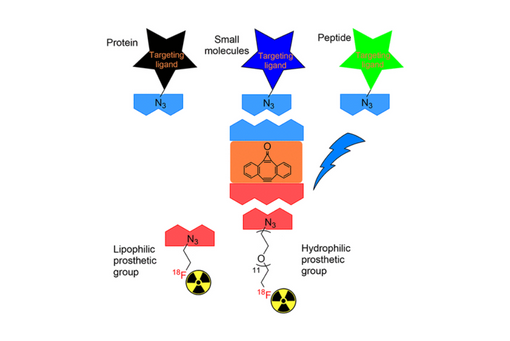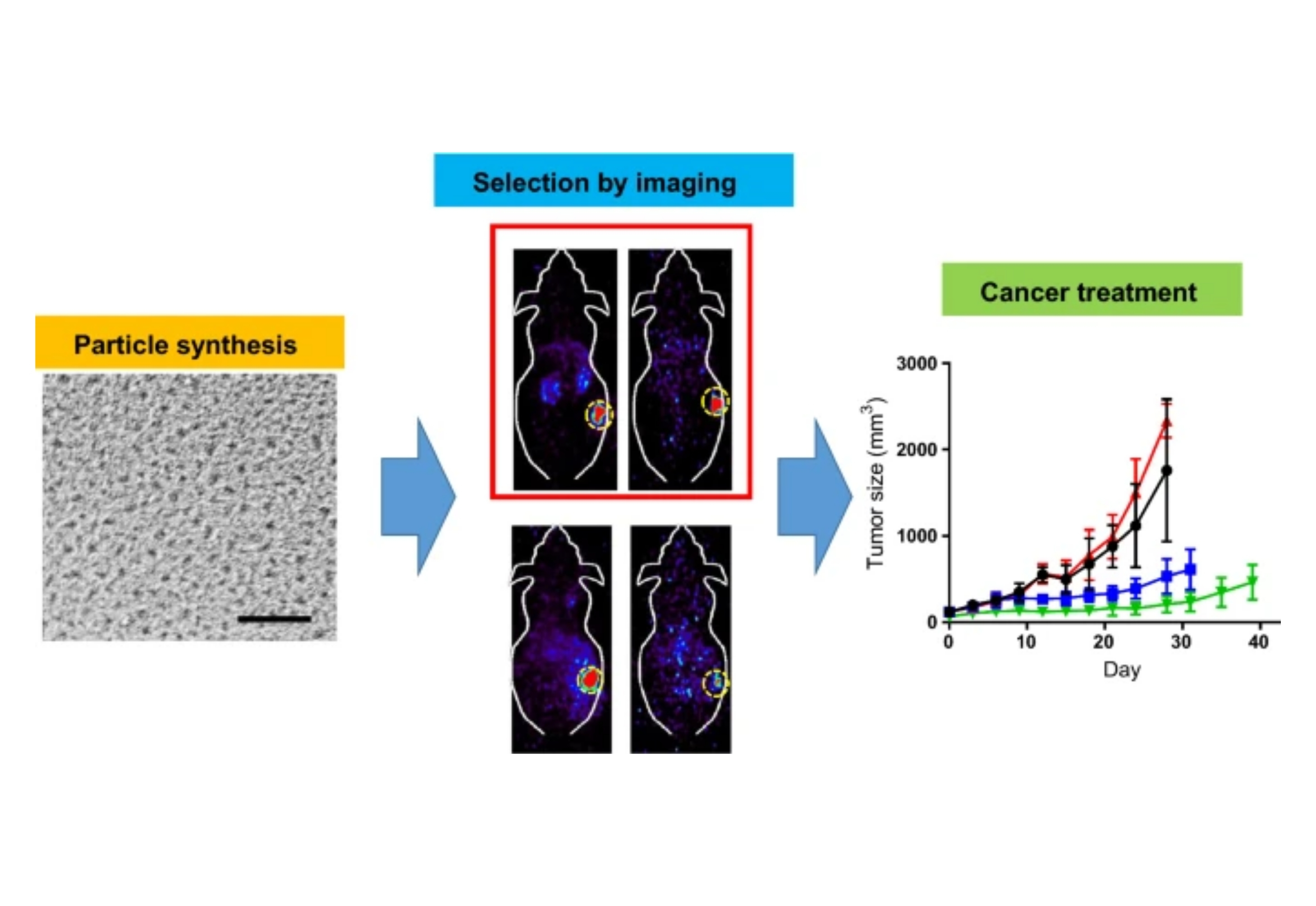
Zibo Li
Adjunct Professor
Marsico Hall SB018919-962-5152
zibo_li@med.unc.edu
Group Website
Curriculum Vitae
Research Interests
Radiochemistry, Organic and Bio-organic chemistry, Nanomedicine, Material Chemistry
Research Synopsis
Zibo’s lab has focused on developing new radio-chemistry, imaging probes and therapeutic approaches for various diseases. Most importantly, we have the culture of forming an active collaboration with researchers in a different field.
Positron emission tomography (PET) is a powerful and rapidly developing technology that plays key roles in medical imaging, as well as drug discovery and development. Despite the exceptional promise of PET imaging, the availability of PET agents is limited in many situations due to the lack of efficient and simple labeling methods to modify biologically active small molecules/drugs. Because many small molecule pharmaceuticals and therapeutics contain aromatic or heteroaromatic systems within their framework, it is highly desired if radiolabels could be introduced to this common organic submit easily and efficiently. We are developing various new tools to construct PET agents. For example, in collaboration with Prof. David Nicewicz at UNC Chemistry, we established an innovative photoredox method for PET probe construction.
There is a growing interest of developing bioorthogonal reactions that could be broadly useful tools with applications that span synthesis, chemical biology and materials science. In collaboration with Prof. Joseph Fox at U Del, we reported the 18F labeled TCO for PET probe construction in 2010. Thereafter, the toolbox keeps expanding and we are actively pursuing the labeling methods with Joe based on TTCO ligation. We are also developing novel therapeutic methods based on TTCO ligation and other biorthogonal reactions.
Professional Background
Dr. Li earned his B.S. in Polymer Chemistry from the University of Science and Technology of China. He then obtained his Ph.D. degree in Organic Chemistry from the University of Virginia in 2006. With an organic chemistry background, Dr. Li switched his research direction after graduation, focusing on applying organic chemistry tool in molecular imaging. Molecular imaging is a fast growing research area involving the development and evaluation of novel tools, reagents, and methods to image specific molecular pathways in vivo; particularly those that are key targets in disease processes. Within this area of research, Positron Emission Tomography (PET) has emerged as one of the most powerful clinical imaging technique, because it can provide critical in vivo information on the distribution of radiolabeled biomolecules for non-invasive diagnosis. Dr. Li’s research has been focused on the development and validation of novel radiolabeling methods and multimodality molecular imaging probes for visualization and quantification of various molecular targets related to neuro, cardiac, diabetes, and cancer research. Radiochemistry has been, and continues to be, the central focus of his research.
Ph.D. in Organic Chemistry, University of Virginia
B.S. in Polymer Chemistry, University of Science and Technology of China



